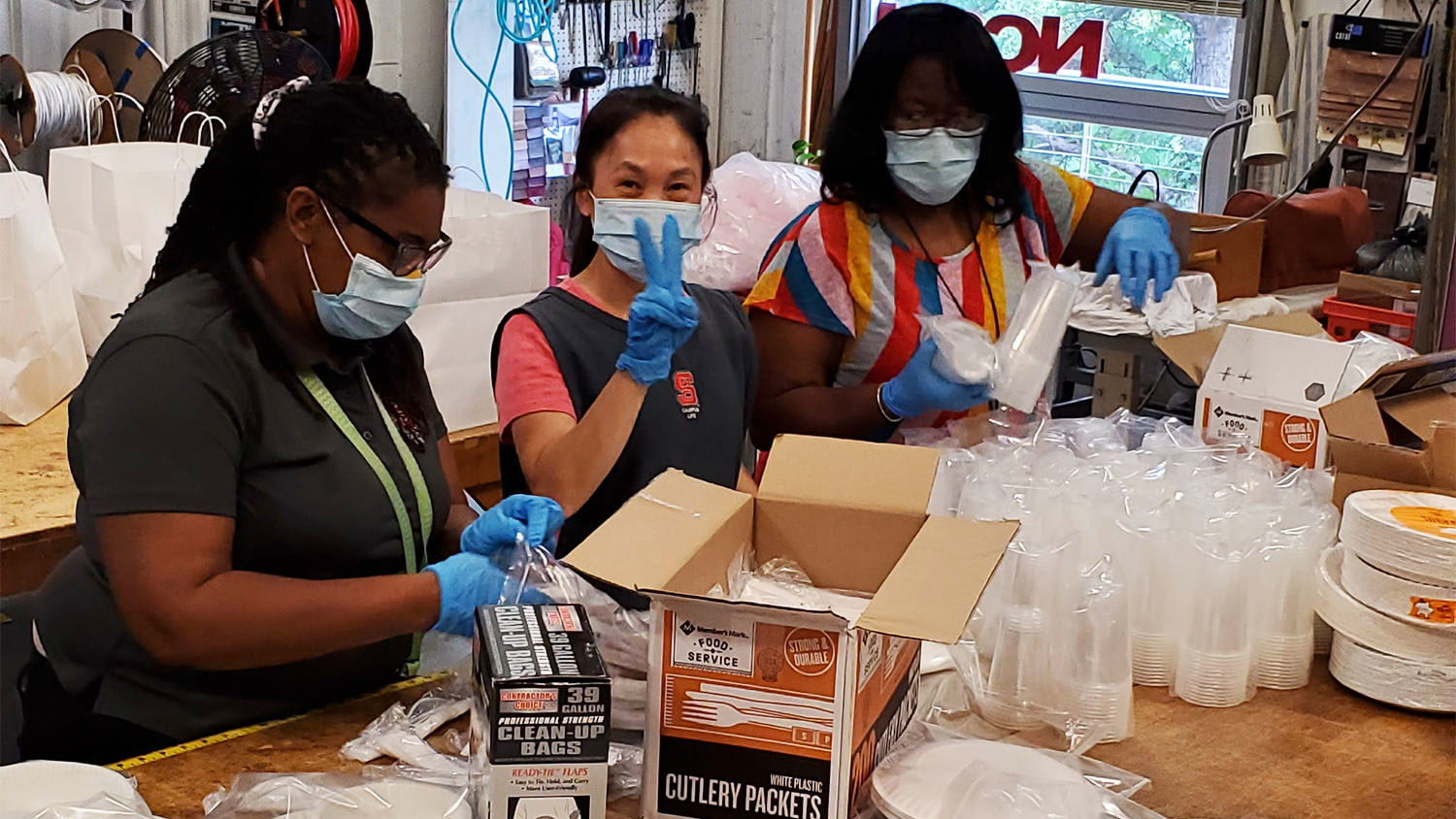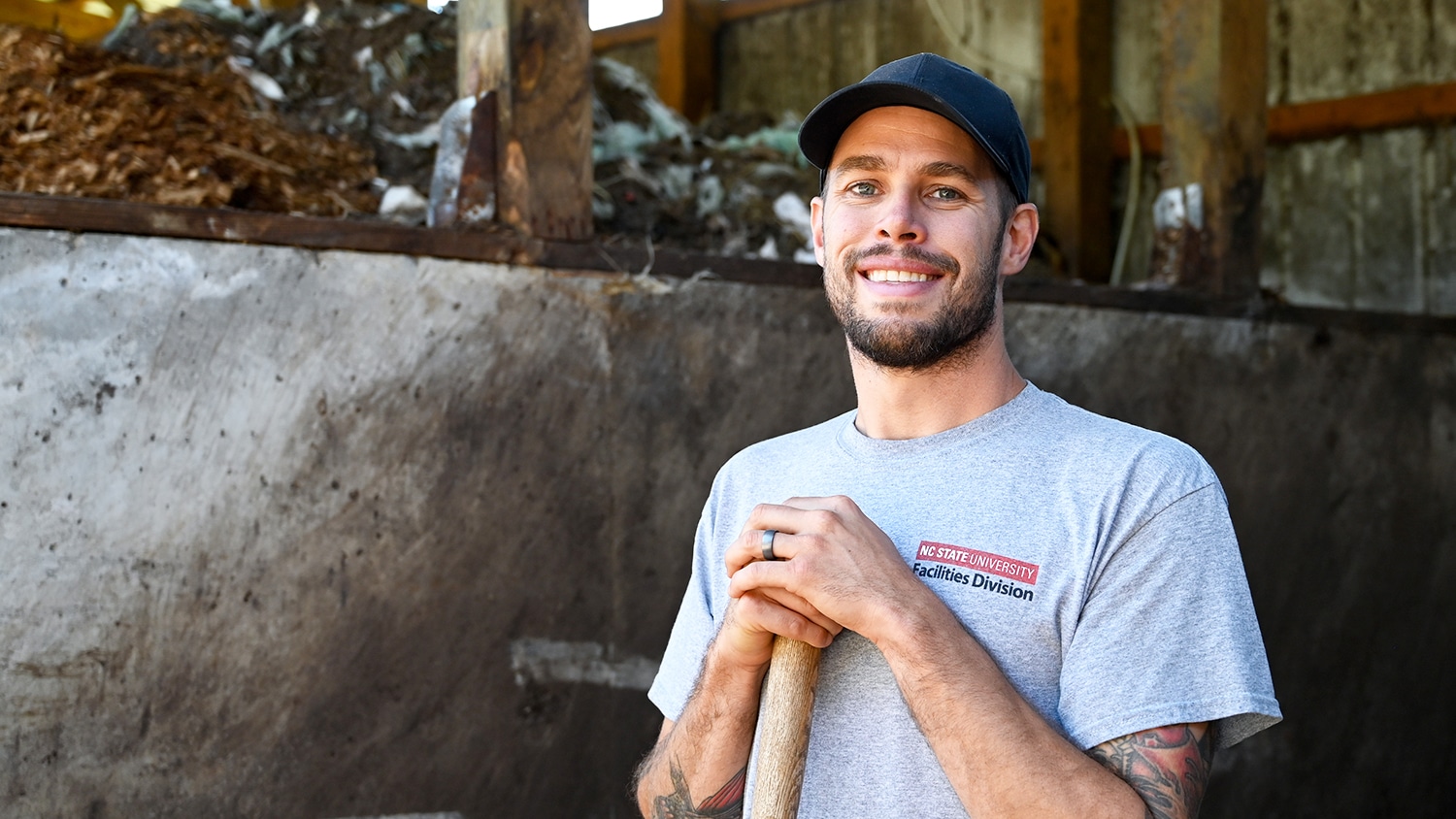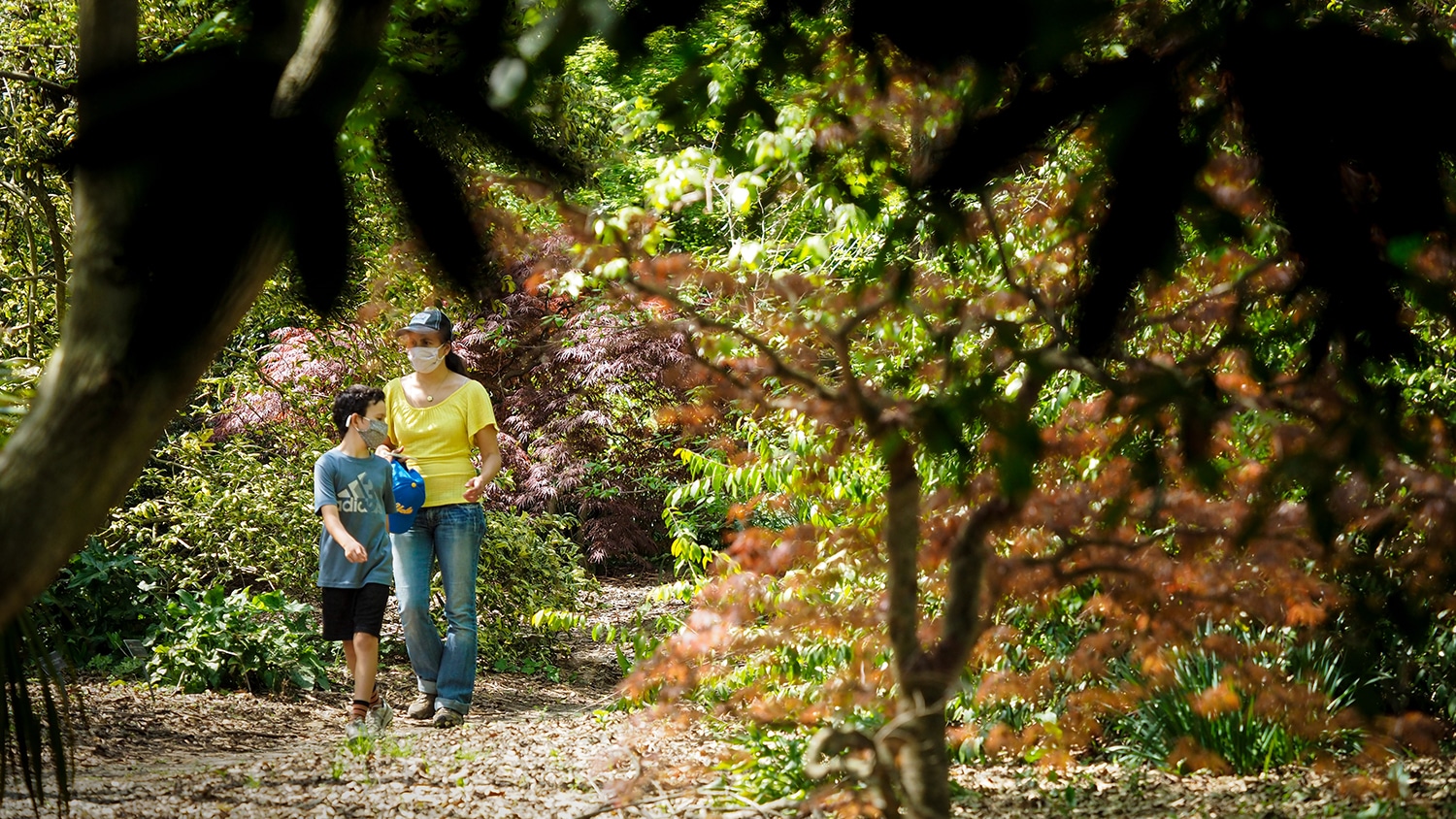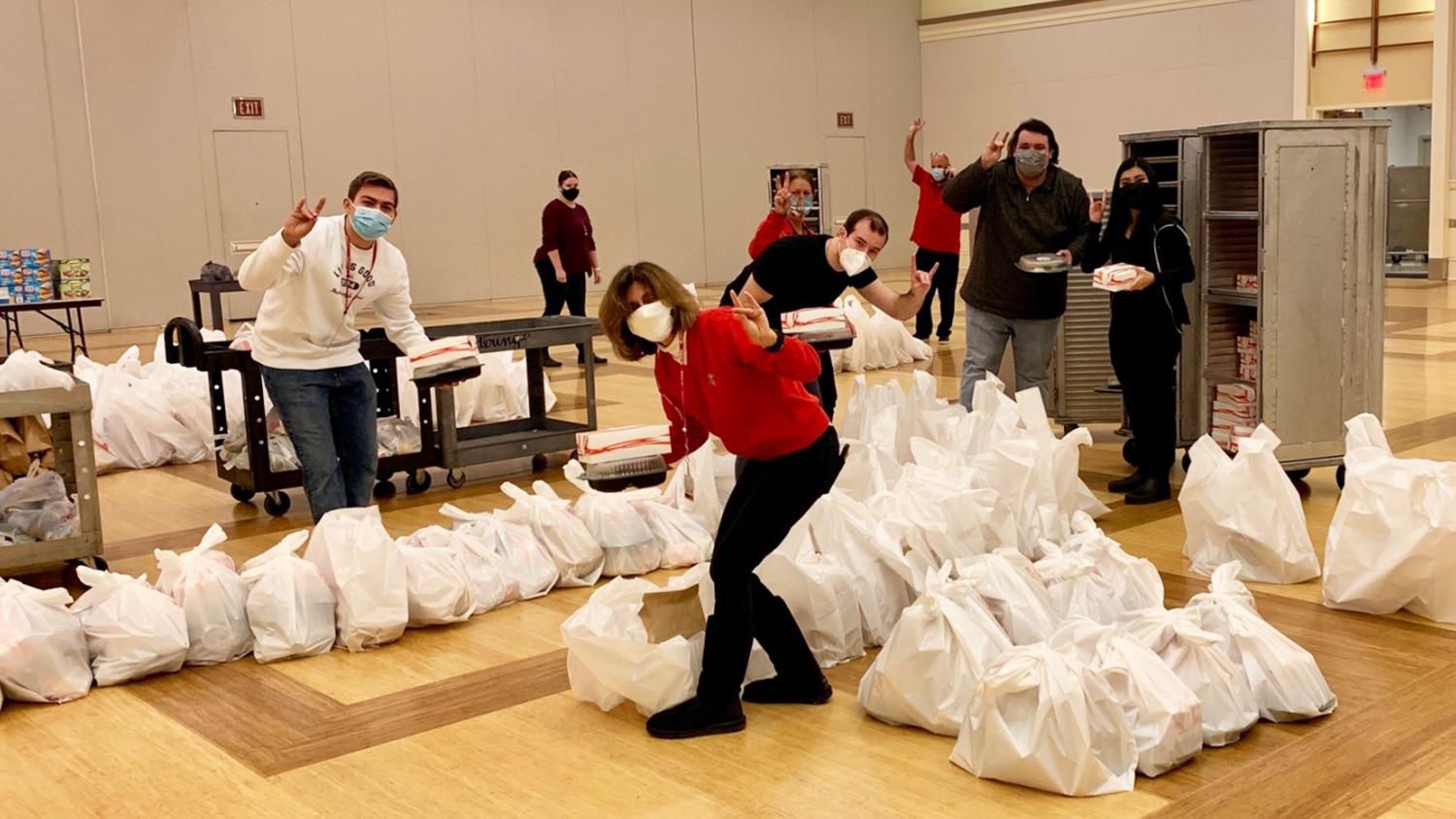NC State is once again transitioning to all-online classes, but this time students are allowed to remain in their residence halls and other housing units on campus. Those who stay will be required to continue following the community safety standards and wear face coverings in public spaces. However, for residents who test positive for COVID-19 or come into contact with someone who has the virus, University Housing has prepared isolation and quarantine spaces to help them recover and Protect the Pack from further exposure.
Students are sent into quarantine if they are not exhibiting symptoms, but have been exposed or there is reason to believe they may have been exposed to someone with COVID-19. The CDC recommends at least 14 days of quarantine from the time of the last contact with an infected person.
Students who test positive or are presumed positive for COVID-19 are sent to isolation, where the CDC recommends patients remain for at least 10 days from the onset of symptoms or from the test date if there are no symptoms.
A Team Effort
Caring for students in quarantine or isolation is a community effort that involves constant communication between the staff from Student Health Services, University Housing, Fraternity and Sorority Life, NC State Dining, DASA Facilities, and more. Their goal is to make the transition from a student’s regular residential space into a dedicated quarantine or isolation space as streamlined as possible. Those students are provided instructions on accessing their temporary location in a completely contactless process.
During a student’s period of quarantine — whether it’s a few days or a few weeks — University Housing and its campus partners aim to provide a high level of customer service and support. Residents are supplied with some basic amenities upon entering quarantine, including beverages and snacks. NC State Dining coordinates daily meal deliveries, ensuring students with dietary restrictions are accommodated. Additionally, the Division of Academic and Student Affairs has started a daily check-in program where staff volunteers call students in quarantine and isolation simply to check on them and make sure they have everything they need. Student Health Services continually monitors all students who are in quarantine/isolation housing, where they coordinate testing, communicate results, and provide next steps and recommendations.
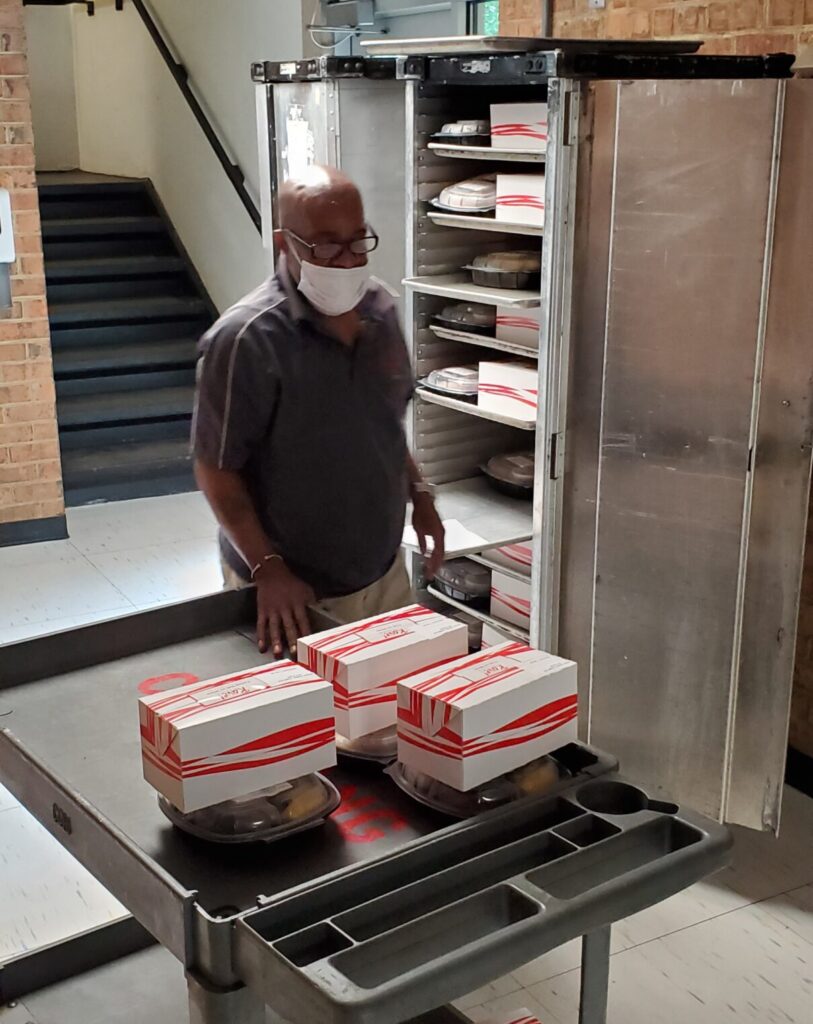
So far, students have been understanding and many have extended their appreciation for the level of service they’ve received. One student who was recently in on-campus isolation wrote, “Thank you again, so much for all you have been doing. My test results turned around faster than anticipated and since they returned negative, I will be leaving to go back to my home for the remainder of my quarantine period before I return to campus.”
As NC State and the rest of the world continue to cope with the effects of COVID-19, the safety of campus residents remains the top priority for University Housing.
“We’ve had to engage a lot of our University Housing team, as well as campus partners in facilities, housekeeping, and dining,” said Dylan Morris, assistant director for conference and guest services. “It’s really a joint effort, but we’re doing it all to help Protect the Pack and keep everyone as healthy and safe as possible.”
It’s really a joint effort, but we’re doing it all to help Protect the Pack and keep everyone as healthy and safe as possible.”
Testing and Contact Tracing
The Student Health Center is leading all COVID-19 testing efforts on campus as well as a contact tracing program to alert members of the campus community if they have been exposed to someone who has the virus. COVID-19 test results are typically released within 24-72 hours, and names remain confidential.
Here is the process for University Housing residents who test positive for COVID-19:
- University Housing resident tests positive for COVID-19
- Student Health Center immediately notifies University Housing and anyone who might have come into close contact with the person
- Resident decides to either isolate off campus with family or stay on campus in an assigned, private room until they are cleared by Student Health to leave
- Resident receives room assignment for isolation/quarantine from University Housing and is instructed to bring enough essentials (clothing, laptop, books, etc.) for 10-14 days
- Pending the results of follow up testing and improved symptoms, the resident is cleared by the Student Health Center and receives instructions to return to their permanent on-campus room
Similarly, if you are notified that you have potentially been exposed to someone with COVID-19, you will also be required to quarantine either off campus with family or in one of the assigned, private rooms until you are cleared by Student Health to return to your normal living quarters.
What to Expect While in Isolation/Quarantine
Those who are required to isolate or quarantine for the 10-14-day period in an assigned University Housing space on campus must remain there at all times. However, residents may still participate in virtual classes and campus events. Additionally, Campus Enterprises and NC State Dining will provide all meals through contactless delivery.
Residents are instructed to bring their own clothing, personal toiletries, books and equipment for classes and entertainment, but basic amenities are provided. Those include:
- Residential room with a private bathroom
- Basic bed and bath linens and paper goods
- Personal hygiene supplies like soap and facial tissues
- Bottled drinks, snacks, and other provisions from Campus Enterprises
- Daily meal service, delivered to each quarantine or isolation room
Learn more about quarantine and isolation housing here. You can also keep up with the latest coronavirus updates related to University Housing here.
This post was originally published in DASA.
- Categories:
